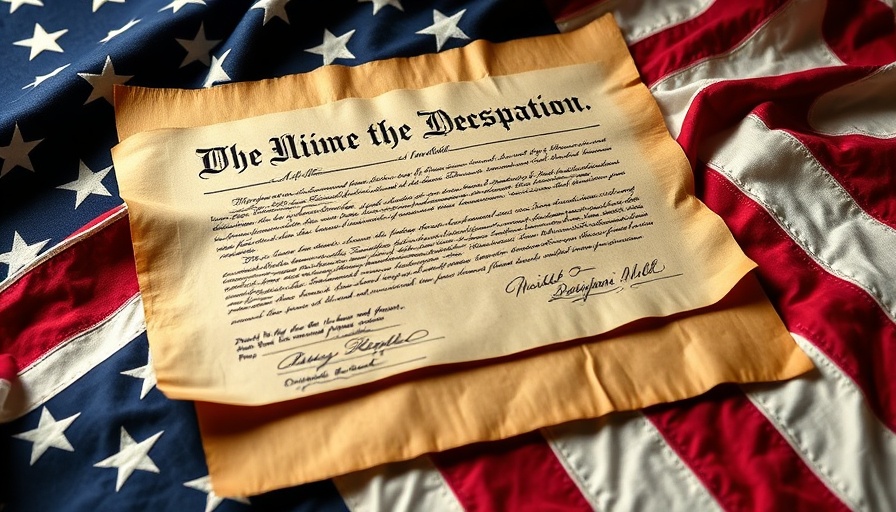
Supreme Stakes: How Wisconsin's April Election Impacts Democracy
As we approach the April 1 Supreme Court election in Wisconsin, the stakes couldn’t be higher. This single state seat election promises to be pivotal, not just for local political dynamics, but also for the future of American democracy. With control of the court at stake, the resolution of crucial issues like abortion rights, electoral fairness, and labor rights hangs in the balance.
The Candidates: A Clash of Ideals
The contest features two distinct candidates: Brad Schimel, a conservative former Attorney General, and Susan Crawford, a progressive circuit judge. Both candidates have secured substantial funding, with Schimel backed by traditional Republican donors and Crawford receiving significant contributions from liberal figures, including George Soros. This election's financial intensity indicates its national implications, with campaign spending expected to rival last year's record-breaking judicial races, potentially surpassing $51 million.
Critical Issues at Play
This election is more than just a seat; it's a contest over fundamental rights. Notably, the court may rule on Wisconsin's 1849 abortion ban, a law with no exceptions for rape or incest. Such a decision could redefine reproductive rights in the state, echoing across the nation as abortion issues continue to dominate political discussions post-Roe v. Wade. Additionally, how the court addresses issues of gerrymandering and voter rights could shift the political landscape significantly, influencing Democratic and Republican representation for years to come:
- **Abortion Rights**: Schimel's stance against the constitutional right to abortion contrasts starkly with Crawford's advocacy for women's health decisions, making this a central campaign issue.
- **Electoral Fairness**: The court has previously addressed Wisconsin's heavily gerrymandered voting maps, and before the election, future congressional maps and voting rights could be modified significantly.
- **Labor Rights**: The court's potential decision on policies stemming from the controversial Act 10 could reshape labor rights for many public employees
Political Milieu: National vs. Local Dynamics
Wisconsin has emerged as a battleground state, with its electoral results often reflecting national trends. This election will not only serve as a litmus test for local political sentiments but may also provide insights into broader voter engagement as Democrats seek to reclaim ground lost in prior elections.
Why It Matters Now More Than Ever
In an era where judicial rulings directly impact the fabric of society, understanding the implications of the Wisconsin Supreme Court election becomes paramount. The outcome will set a precedent that could influence critical policies at both the state and national levels. Both parties are mobilized, with each side recognizing that this election transcends state lines; the implications on issues like reproductive rights and electoral integrity resonate with voters nationwide.
As this contentious battle unfolds, voters are faced with what could be a defining moment for Wisconsin and the nation. The airwaves will be filled with messages urging participation and highlighting the stakes involved. Engaging in this election is not just a local decision; it's a participation in the broader democratic process.
For further election-related materials and ways to influence this critical race, be sure to participate and stay informed. Your vote matters.
 Add Row
Add Row  Add
Add 




Write A Comment